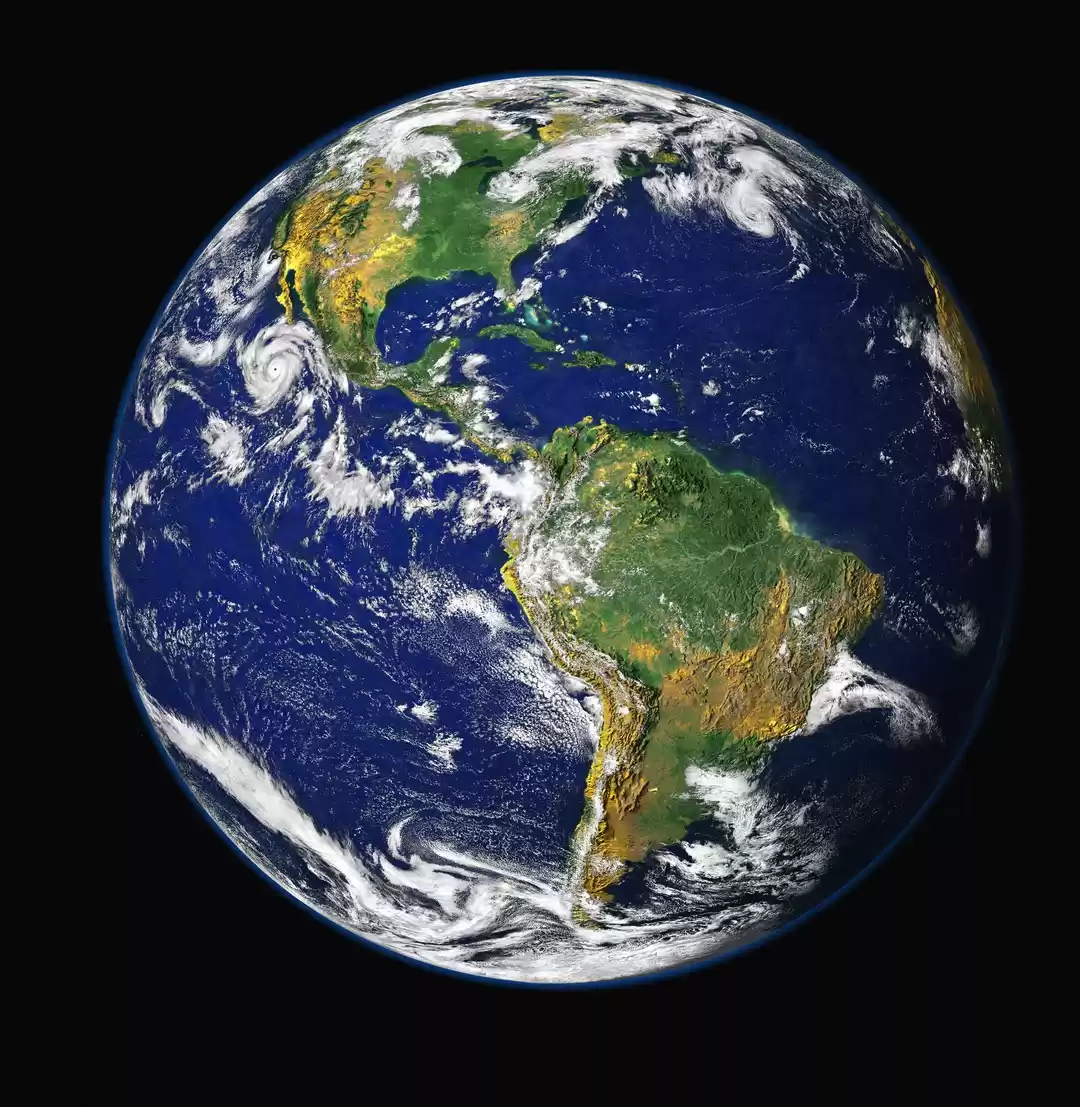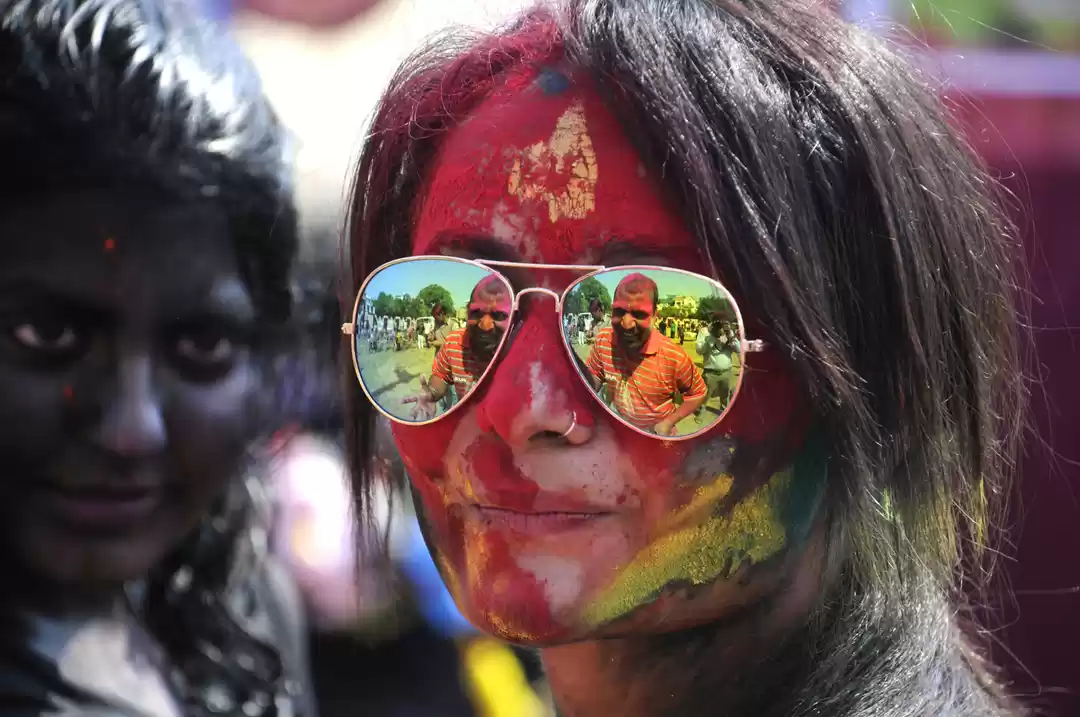Suriname Tourism and Travel Guide
Suriname (/ˈsʊrɨnæm/, /ˈsʊrɨnɑːm/ or /ˈsʊrɨnəm/, also spelled Surinam), officially known as the Republic of Suriname (Dutch: Republiek Suriname, Dutch pronunciation: [ˌreːpyˈblik ˌsyːriˈnaːmə]), is a sovereign state on the northeastern Atlantic coast of South America. It is bordered by French Guiana to the east, Guyana to the west and Brazil to the south. At just under 165,000 km2 (64,000 sq mi), it is the smallest country in South America. Suriname has a population of approximately 566,000, most of whom live on the country's north coast, in and around the capital and largest city, Paramaribo.Originally inhabited by a number of indigenous tribes, Suriname was explored and contested by European powers before coming under Dutch rule in the late 17th century. Dutch Guiana remained a plantation colony until 1954, when it became one of the constituent countries of the Kingdom of the Netherlands, with equal status to the Netherlands and the Netherlands Antilles. On 25 November 1975, the country of Suriname left the Kingdom of the Netherlands to become an independent state, nonetheless maintaining close economic, diplomatic, and cultural ties to its former colonizer.Suriname is considered to be a culturally Caribbean country, and is a member of the Caribbean Community (CARICOM). Suriname is a mostly Dutch-speaking country; Sranan, an English-based creole language, is a widely used lingua franca. It is the only independent entity in the Americas where Dutch is spoken by a majority of the population. The people of Suriname are among the most diverse in the world, spanning a multitude of ethnic, religious, and linguistic groups.
Show More








